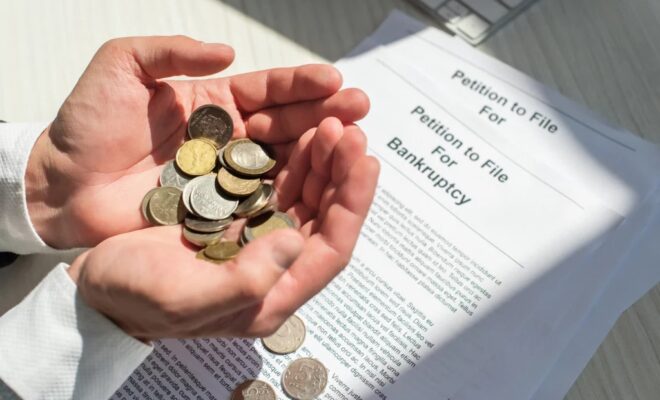Can I Get Rejected for Bankruptcy?

Filing for bankruptcy can provide much-needed relief for individuals facing overwhelming debt, but it’s not a guarantee that your case will be accepted. Certain factors can lead to a bankruptcy filing being denied or dismissed.
Understanding these potential obstacles is crucial if you’re considering this legal route.
Failure to Meet Eligibility Requirements
There are two main types of bankruptcy for individuals: Chapter 7 and Chapter 13. Each has specific eligibility requirements. For Chapter 7, your income must be below a certain threshold based on the means test, which assesses whether you have the financial means to pay off your debts. If you earn too much, your application may be rejected, or you may need to file under Chapter 13 instead.
Chapter 13 bankruptcy involves a repayment plan where you must demonstrate a steady income to pay off a portion of your debts over a set period. If your income isn’t reliable or sufficient to meet the payment plan requirements, your Chapter 13 filing may be dismissed.
Furnishing False or Incomplete Information
Transparency is essential in filing for bankruptcy. If you don’t provide accurate or complete information about your assets, income, debts, or financial history, the court may reject your case. Intentional fraud like hiding assets or falsifying documents will be considered fraud and may also result in dismissal and other legal consequences.
Not Taking the Required Steps
Bankruptcy is accompanied by a series of legal processes and procedures, which include counseling over credit. If you do not receive an approved agency for a credit counseling course within 180 days before filing, it might result in the dismissal of your case. Failure to appear in court hearings on scheduled dates or missing deadlines can also render the application invalid.
Dismissed Because of Previous Bankruptcy Filings
You would still find it challenging if you filed for bankruptcy before. The court can turn down your application if insufficient time has elapsed since your last discharge.
In a nutshell, while bankruptcy can be the door to financial freedom, the right legal processes must be followed properly and transparently to avoid your application from being turned down.
This post was written by Trey Wright, a Chapter 11 Bankruptcy Lawyer in Jacksonville FL! Trey is one of the founding partners of Bruner Wright, P.A. Attorneys at Law, specializing in bankruptcy law, estate planning, and business litigation.
The information provided on this website does not, and is not intended to, constitute legal advice; all information, content, and materials available on this site are for general informational purposes only. Information on this website may not constitute the most up-to-date legal or other information. This website contains links to other third-party websites. Such links are only for the convenience of the reader, user or browser; the ABA and its members do not recommend or endorse the contents of the third-party sites.









